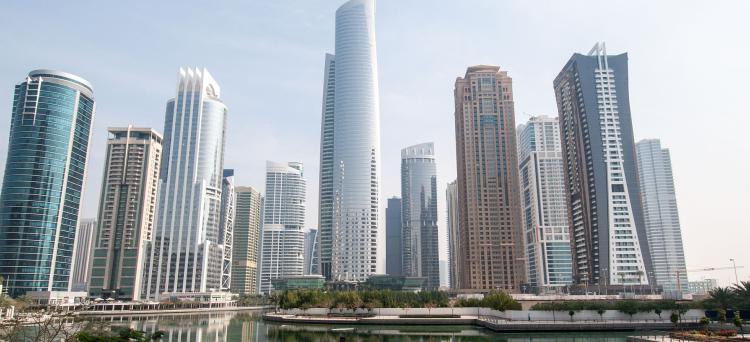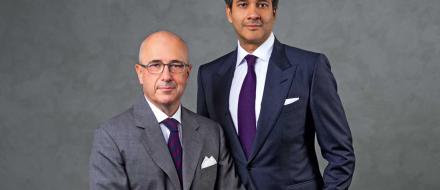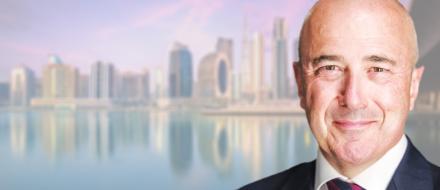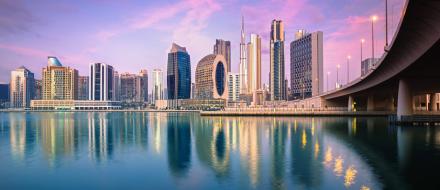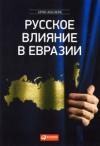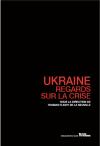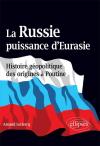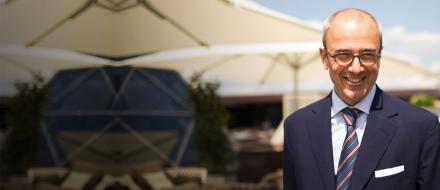Peace of mind
TBY talks to Arnaud Leclercq, Head of Middle East, Eastern Europe & Central Asia at Lombard Odier, on the significance of the UAE, core business, and Dubai's economic recovery.
What is the history of the bank and your presence in the region?
Lombard Odier is one of the few true remaining private banks in the world as it is owned by a group of partners, of which I am a limited one. The vast majority of other banks have become subsidiaries of larger institutions. The bank was founded in 1796 and today has around $150 billion in assets under management. We have 24 offices in 17 countries, including the world's main financial centers, such as Singapore, London, Amsterdam, and so on. We are a discreet bank with a local appeal. We perform only one job, which is to manage wealth. By wealth, I essentially mean cash. There are two sides to this; firstly we manage wealth for institutions like pension or sovereign wealth funds. Secondly, there are private individuals and families, which historically have been our area of specialism. Out of this $150 billion that we manage, 70% is from private families and individuals, which makes us unique compared to other private banks. We have been working in the Middle East for around 50 years, originally in Saudi Arabia and Kuwait, and then progressively we have extended our presence. We have some very strong links in the area with clients stretching over a few generations. Until five years ago we were only catering to people from Switzerland, essentially from Geneva or in certain instances from London, as they were not so keen on having an office in the region because we are not a commercial or corporate bank, and we should be discreet. Clients historically came to visit us or we would come to them. However, this situation changed when we established a representative office in Dubai, in 2007.
What, then, were the factors that motivated the bank to establish a presence in Dubai?
Today I am meeting more and more clients who want us to be with them and guide them through the turmoil in Europe. For this reason we need to be close to our clients. We are like a small specialist clinic, with a select group of expert employees who know everything about their clients, across generations. The new generation is now emerging here and is expecting much more from its private bankers, and demanding more than a banker continuously travelling back and forth. We traditionally had a number of discretionary mandates, where the client was more passive, choosing to delegate responsibility and discussing only how much risk to take. The new generation is more active in the whole process, and they want to have a say at every stage. They want someone to manage the wealth, but they want to be consulted, to get involved, and be able to take decisions. Today, I am the first partner to relocate here for an extended period as we believe the Middle East has a crucial role to play in the upcoming years. It is right in the middle of the Fertile Crescent between Eastern Europe, Russia, Africa, the Indian subcontinent, and Central Asia. For many reasons, Europe has been slowing down. It has become more complicated to conduct business activities there due to social laws, unions, and other factors. Coming to the Middle East is easy, and there are of course tax benefits. The markets here have already emerged and are attracting a larger and larger amount of attention.
“The new generation is now emerging here and is expecting much more from its private bankers."
What significance does the UAE hold in terms of the wider region banking industry?
During the boom years here in the UAE, as part of the ruler's vision, investment was largely directed toward infrastructure development. We are not talking about speculation here, but real solid businesses such as ports and so on. People saw the speculation and the bubble, but underneath that the government was working very hard to build solid foundations. Today this is very much starting to pay off, and is positioning the area as a key place to access the surrounding regions. Dubai has also developed superb infrastructure and this is boosting economic growth, making our presence here even more resonant. For the Indian subcontinent you can say that the UAE is becoming like Hong Kong; a base for the family as well as the business—there is a trading platform here. Many banks have been leaving at a time when I believe it is in fact the right moment to establish a strong presence. The Middle East is becoming a major partner for the world, and especially for the growing world. We are a long-term-oriented private bank and we are here to capture some part of the growth.
What is the core client focus and what differentiates Lombard Odier?
Typically, clients approach banks for wealth management services with wealth, on average, just under $1 million. For us, our clients have an average wealth management need of around $10 million. We represent some younger generation family clients for smaller amounts, right up to our largest clients who have several billion dollars. There is a large range. Our clients do not expect us to take risks on our balance sheets, and that is a differentiating factor for us. We are very conservative, and do not run an investment banking or proprietary trading business. We also do not finance real estate. For these reasons, we define ourselves by two characteristics: first, our solid, conservative, risk averse, long-term, family-orientated, and discreet approach; and second, our strong belief that we do not follow the business models of banks that have tried to be a one-stop-shop system doing everything from retail to investment banking. Being a one-stop shop can appear to be good for the client, but ultimately it can dilute quality. We have one core function and we do it well, which in these times of geo-political and financial uncertainty is more important than ever.
What's your perception of Dubai's recovery since the global economic crisis?
The private sector is still short of cash, but it is recovering. Businesses are starting to do better, but we're still in a gray area. Dubai is still recovering from the real estate bust, and in Abu Dhabi people have been more conservative. It is still not business as usual, but there is more cash and more room for investment. Dubai is also on the way up.



